
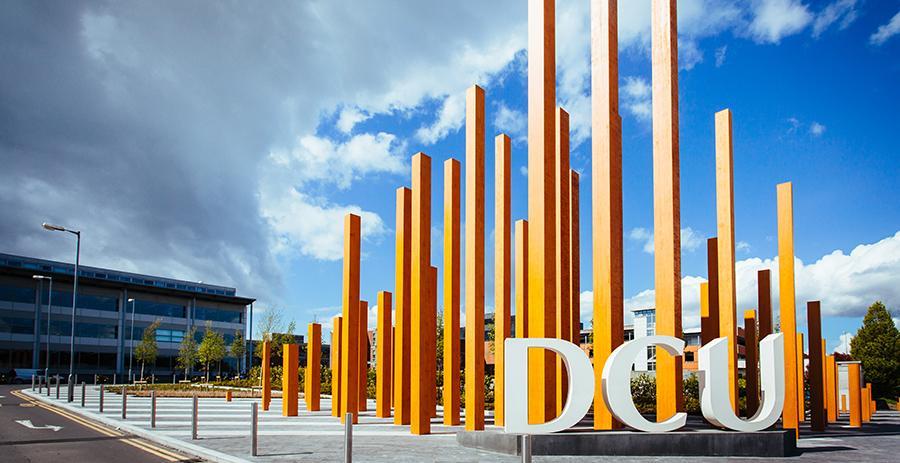
Humanities and Social Sciences warmly welcomes six new Faculty staff
At the Faculty of Humanities and Social Sciences, we are delighted to welcome six new staff to the Faculty joining our School of Law and Government and the School of History and Geography.
Each brings a wealth of knowledge that will undoubtedly help advance our goals to deliver a transformative experience for students and strengthen our reputation for world-class research.
Across our faculty, we deliver a portfolio of internationally competitive undergraduate and postgraduate degrees which meet social, cultural and economic needs, and which are attractive to both students and employers.
But of course none of this is possible without the invaluable experience, expertise and teaching quality of our academic staff.
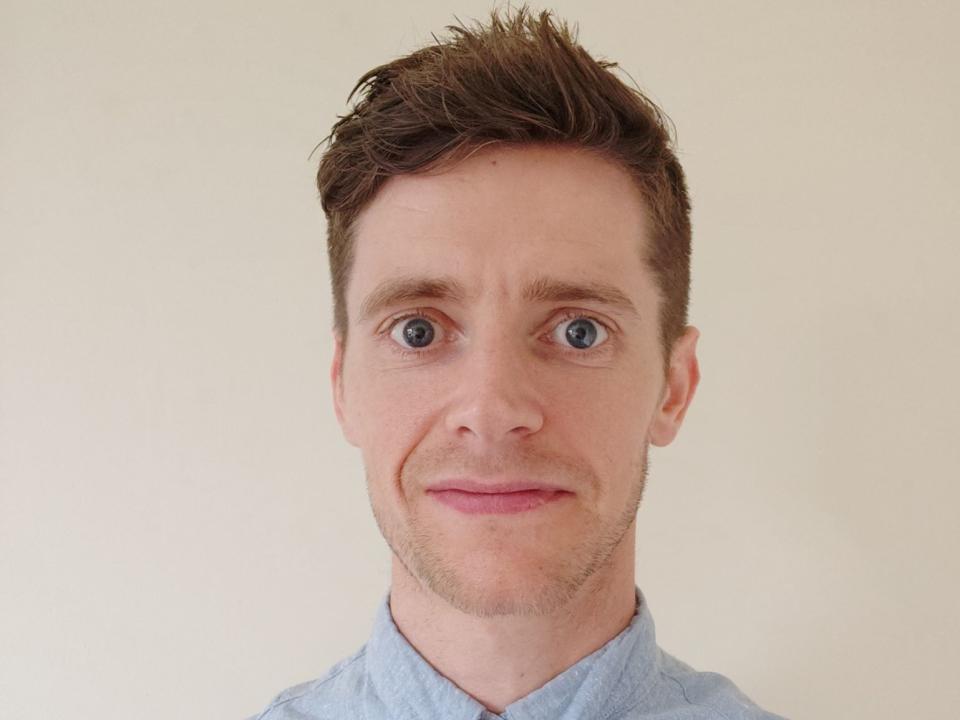
Dr. Darren Clarke - History and Geography
Dr. Darren Clarke is an environmental geographer with research interests in the social and governance aspects of climate change/environmental change and in environmental psychology.
His research has examined social and governance issues related to transformative climate change planning both nationally and internationally.
Prior to joining DCU he worked in the public sector as a Researcher with the Local Government Management Agency. In 2020, he led the delivery of the first baseline assessment of the local government sector's climate actions in Ireland.
This baseline is now being used to support the local government sector to meet its climate change ambitions. Darren also acted as the lead Irish researcher for an EU Joint Programming Initiative (JPI) Climate funded project between 2014-2017 examining transformative solutions to climate change across four European countries.
Darren's research interests are varied. Given his interdisciplinary research and teaching background he teaches both physical and social science topics related to climate change/the environment at both undergraduate and postgraduate levels.
His previous public sector research experience in supporting climate policy development and implementation within the local government sector is something he is keen to build on within the School of History and Geography at DCU.
Twitter: https://twitter.com/darrenclarke123

Dr. Roisin Áine Costello, Law and Government
Róisín Áine Costello is a graduate of Trinity College Dublin and holds Masters degrees in International Affairs, and Law from the Institut d’études politiques de Paris and Georgetown Law respectively.
Róisín completed her PhD in Law at Trinity College Dublin where her doctoral research was funded by the Irish Research Council and examined private actors as norm setters in the digital environment.
Prior to joining DCU she was an Assistant Lecturer in Media and IT Law at Maynooth University and worked with the Council of Europe, the Electronic Privacy Information Centre in Washington DC, and the Georgetown Centre for Privacy and Technology Law.
Róisín’s work has been published most recently in the Cambridge International Law Journal, the European Human Rights Law Review, the European Journal of Law and Technology and the Irish Studies Review.
A qualified barrister, Róisín researches and works on EU law, technology law (with a particular focus on privacy and property rights), media law, language rights and law and literature.
Twitter: https://twitter.com/RA_Costello
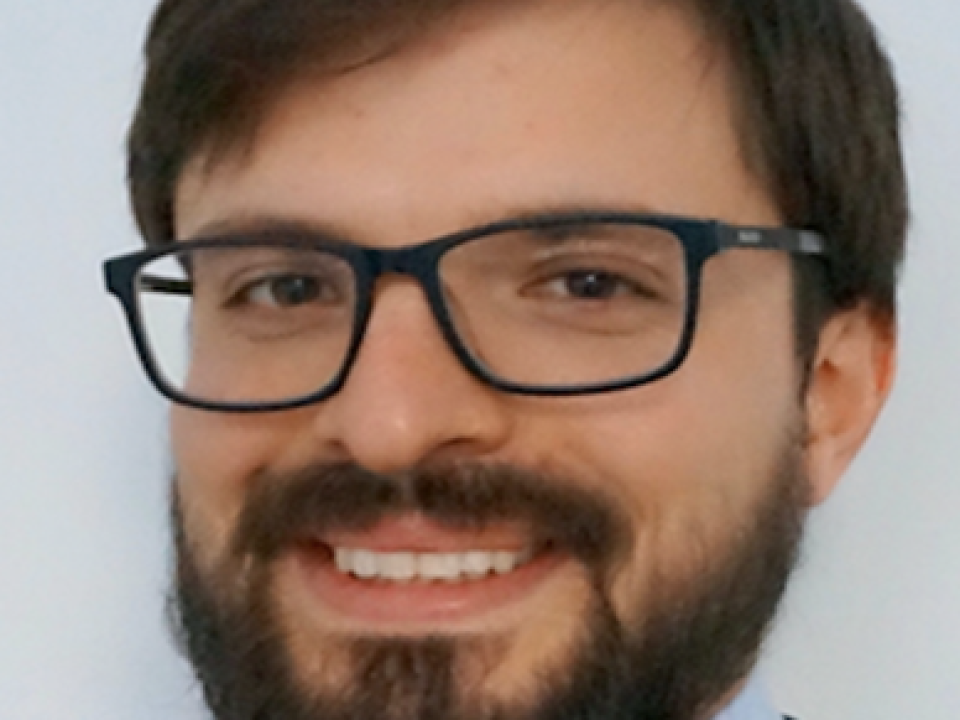
Dr. Goran Dominioni - Law and Government
Goran Dominioni is an Assistant Professor in Law at the DCU School of Law and Government. Goran holds a PhD from Erasmus University Rotterdam, Bologna University, and Hamburg University (European Doctorate in Law and Economics), and an LLM from Yale Law School.
He has also held visiting research positions at Cornell Law School, Copenhagen University, UC Louvain and frequently consults for different units of the World Bank on fiscal policy for climate change.
His primary research interests are Climate Change Law and Policy, Tort Law, and Behavioral Law & Economics.
His research has appeared in international peer-reviewed journals, American law reviews, and policy outlets. He is also the author of Biased Trials: Insights from Behavioral Law and Economics (Springer/Gabler, 2020).
His work on fiscal policy for climate change has been awarded prizes from various institutions, including the MIT Climate CoLab and the World Bank.
He often presents his work at policy workshops in Europe and the US.
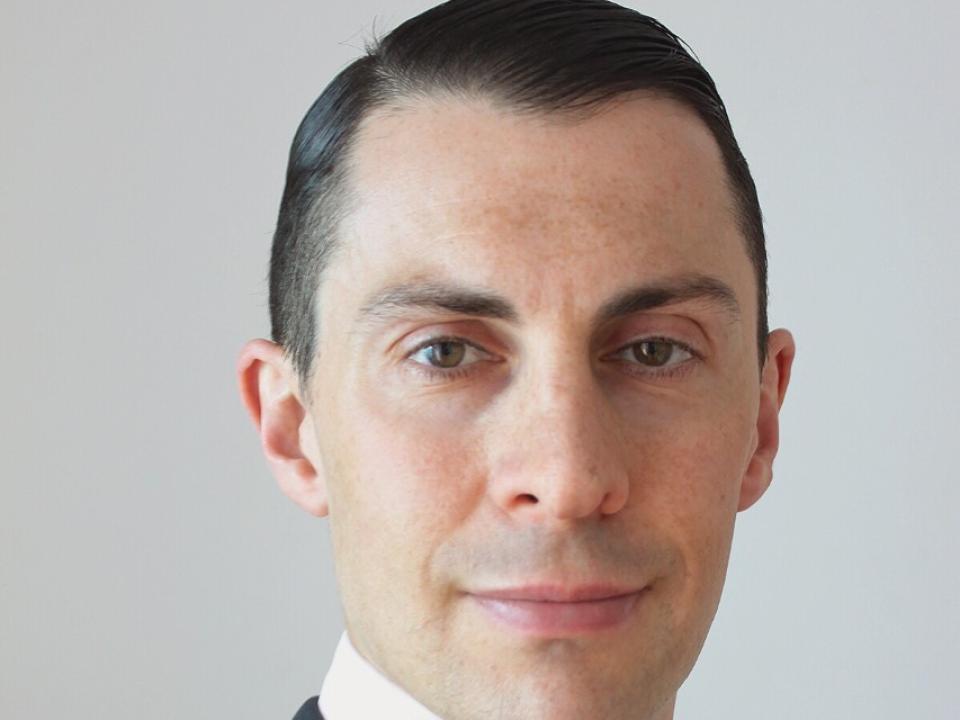
Dr. James Johnson - Law and Government
Dr James Johnson is an Assistant Professor in Chinese Politics and Foreign Policy in the School of Law and Government at DCU and a Non-Resident Fellow with the Modern War Institute United States Military Academy at West Point.
Dr Johnson was previously a Postdoctoral Research Fellow at the James Martin Center for Nonproliferation Studies in Monterey, California.
He holds a PhD in Politics & International Relations from the University of Leicester, where he was an Honorary Visiting Fellow with the School of History & International Relations from 2017 to 2020.
He is also a Mid-Career Cadre Class of 2020 with the CSIS Project on Nuclear Issues.
Dr Johnson's research examines the intersection of nuclear weapons, deterrence, strategic stability, and emerging technology – especially artificial intelligence.
His work has been featured in The Journal of Strategic Studies, War on the Rocks, The Modern War Institute, The Washington Quarterly, Strategic Studies Quarterly, The Journal of Cyber Policy, The Pacific Review, Asian Security, Defense & Security Analysis, and The RUSI Journal and other outlets.
Dr Johnson is the author of The US-China Military & Defense Relationship during the Obama Presidency. His latest book is entitled, Artificial Intelligence and the Future of Warfare: USA, China, & Strategic Stability.
Twitter: https://twitter.com/James_SJohnson
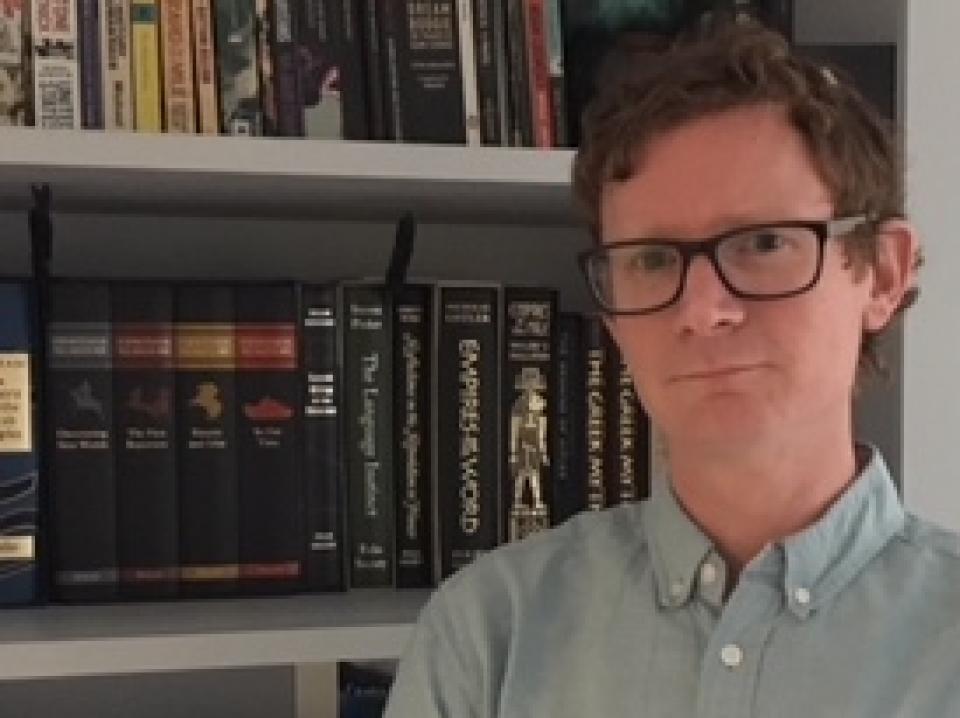
Dr. David Keane - Law and Government
Dr. David Keane has recently joined the School of Law and Government, DCU, as Assistant Professor. He has previously been Lecturer in Law at Brunel University, London, and Associate Professor in Law at Middlesex University, London.
He holds a BCL (Law and French) from UCC, and an LLM and PhD from the Irish Centre for Human Rights, NUI Galway, where he was awarded a Government of Ireland scholarship for his doctoral studies.
Dr. Keane’s research is on international human rights law with a particular focus on the International Convention on the Elimination of Racial Discrimination (ICERD).
His books include Caste-based Discrimination in International Human Rights Law (Routledge, 2007), winner of the Hart Book Prize for Early Career Scholars, and the first edited collection on ICERD, 50 Years of ICERD (Manchester University Press, 2017, with A. Waughray).
He has authored over 30 journal articles and book chapters, as well as blog pieces and other contributions, on ICERD, caste-based discrimination, minority rights and the wider UN human rights system. He acts as a visiting professor at University Grenoble Alpes and the University of Bordeaux, France.
He presents conference papers and provides advocacy on human rights issues in a range of contexts, recently in Germany, India, Kazakhstan, Myanmar, Qatar and the UK, as well as Ireland. He welcomes potential PhD students and research collaborations in international human rights law.
Dr. Keane regularly posts his research on his academia site: https://dcu.academia.edu/DKeane
Twitter: @keane_dave
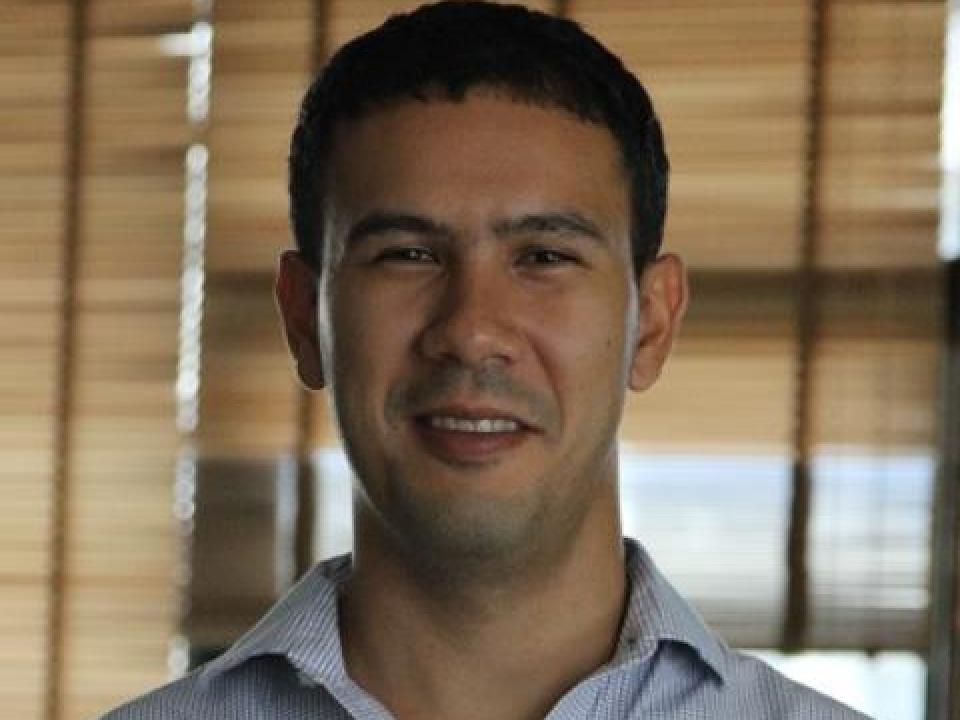
Dr. Danny Marks - Law and Government
Dr. Danny Marks is an Assistant Professor of Environmental Politics and Policy in the School of Law and Government of Dublin City University. Prior to this position, he was an Assistant Professor of Environmental Studies at the Department of Asian and International Studies of City University of Hong Kong.
He also was previously a Postdoctoral Research Fellow with the Urban Climate Resilience in Southeast Asia project at the Munk School of Global Affairs of the University of Toronto.
Dr. Marks has spent a number of years conducting research and working in Southeast Asia, particularly in the field of environmental governance. He has worked for a number of organizations in the region, including the World Bank’s East Asia and Pacific Governance Hub, the Rockefeller Foundation, ActionAid and the NGO Forum on Cambodia.
Dr. Marks completed his PhD dissertation, An Urban Political Ecology of the 2011 Bangkok Floods, at the University of Sydney. He received his MA in International Affairs from the Johns Hopkins School of Advanced International Studies.
His research interests are political ecology, environmental justice, climate governance, disaster risk reduction, with a focus on Southeast Asia.
Twitter: https://twitter.com/Danny_A_Marks
